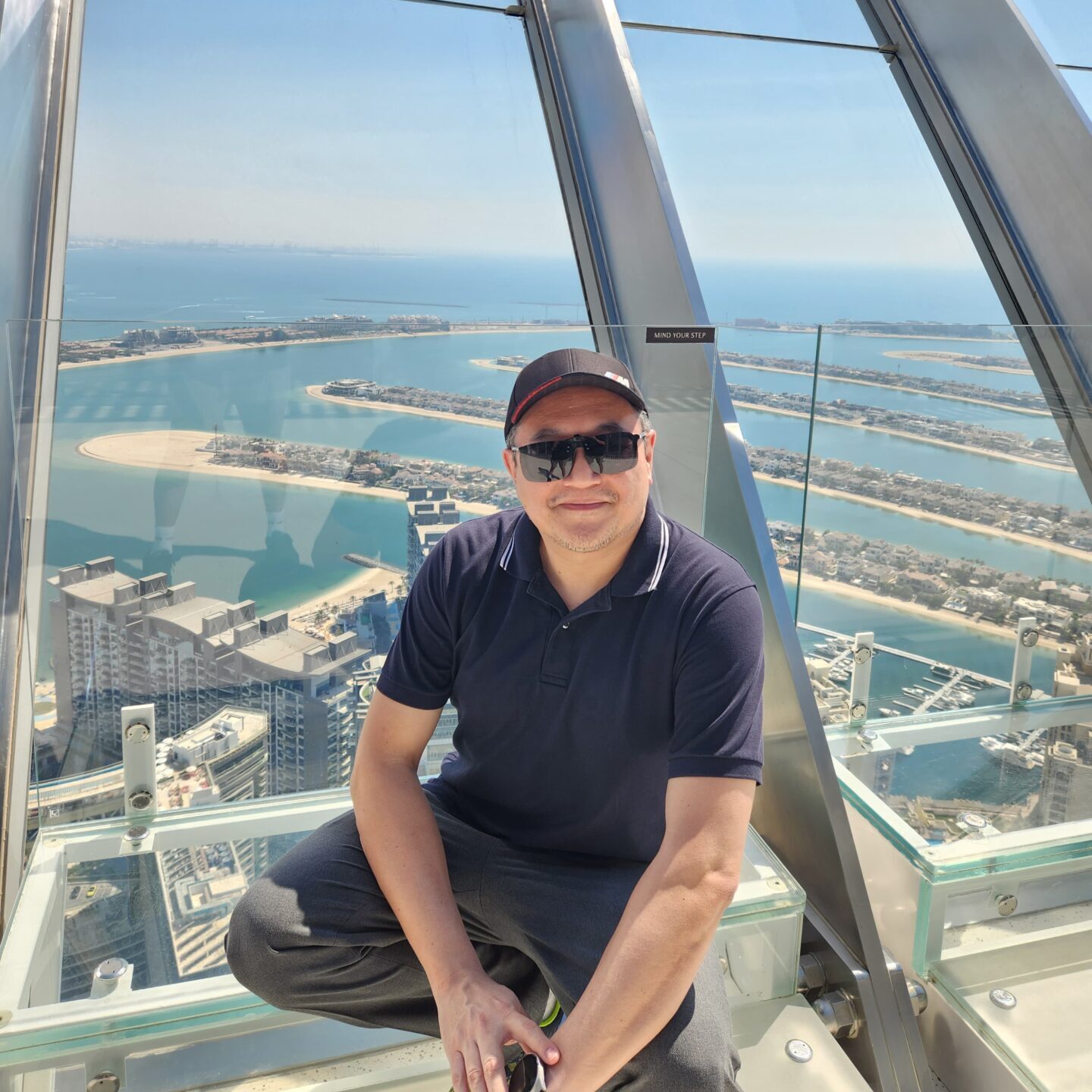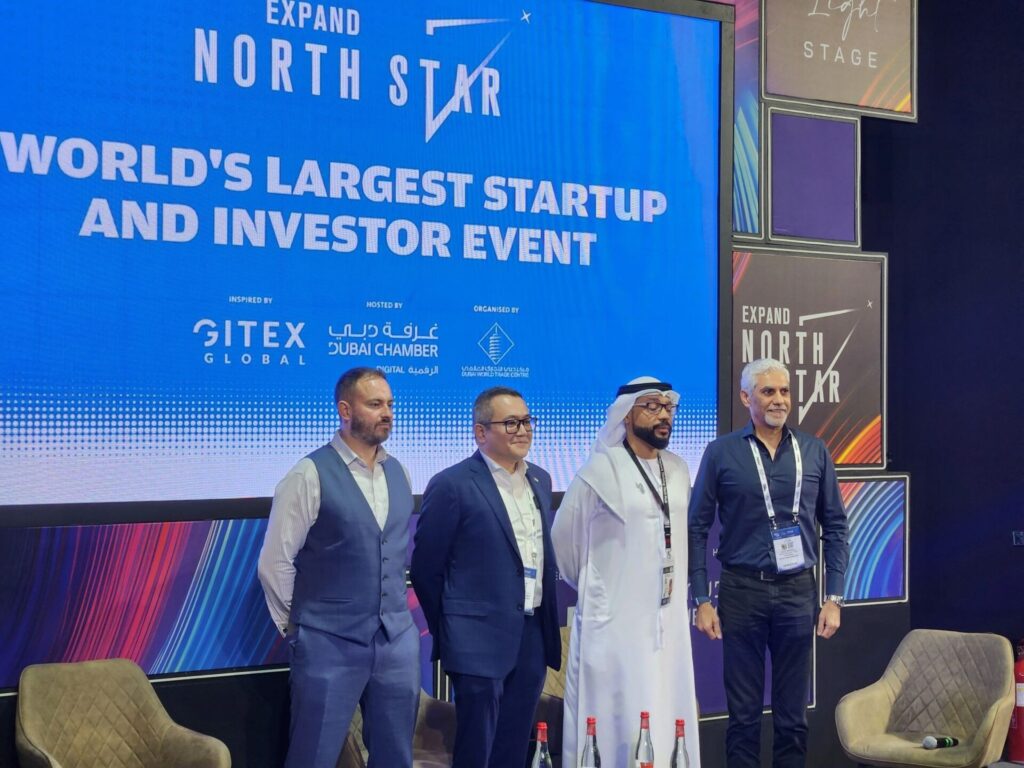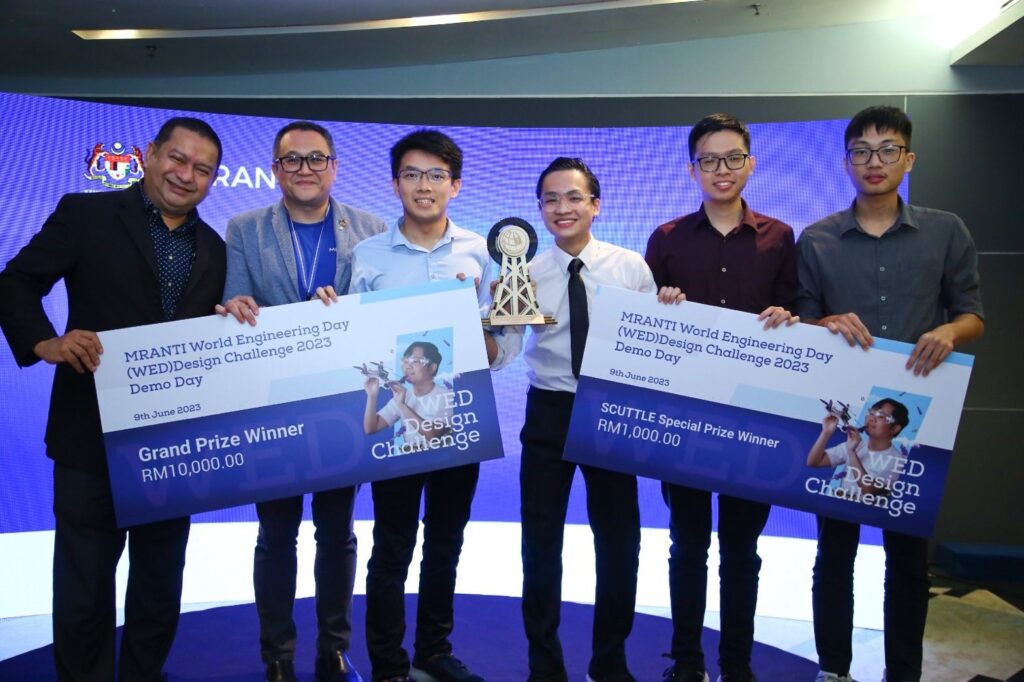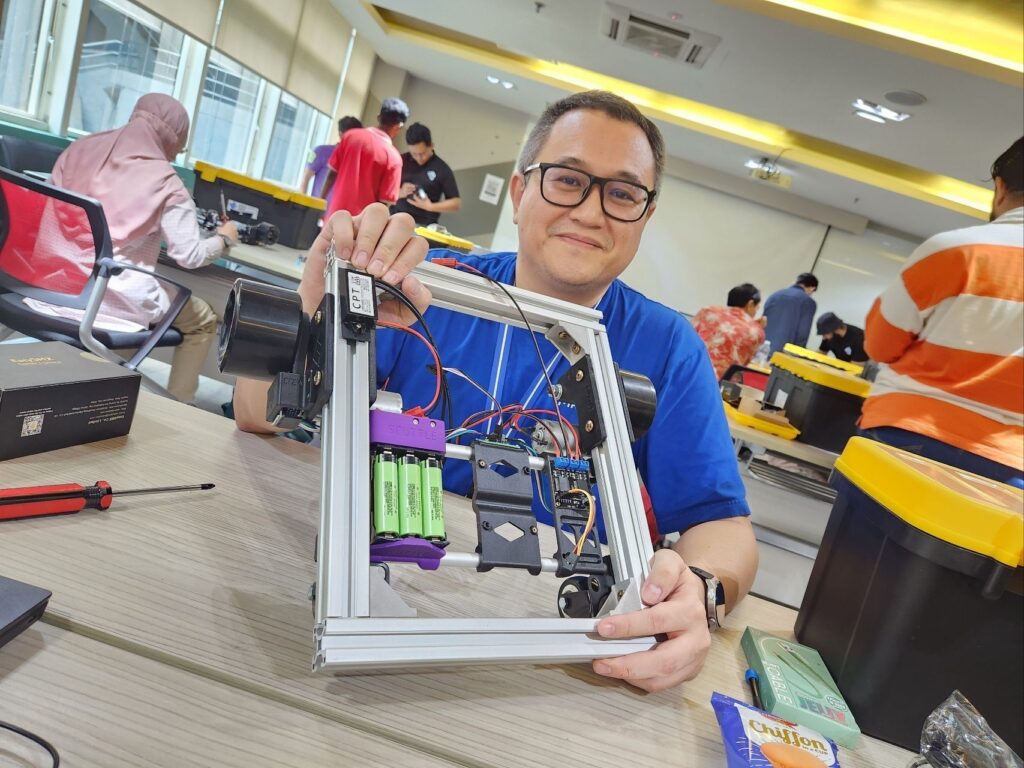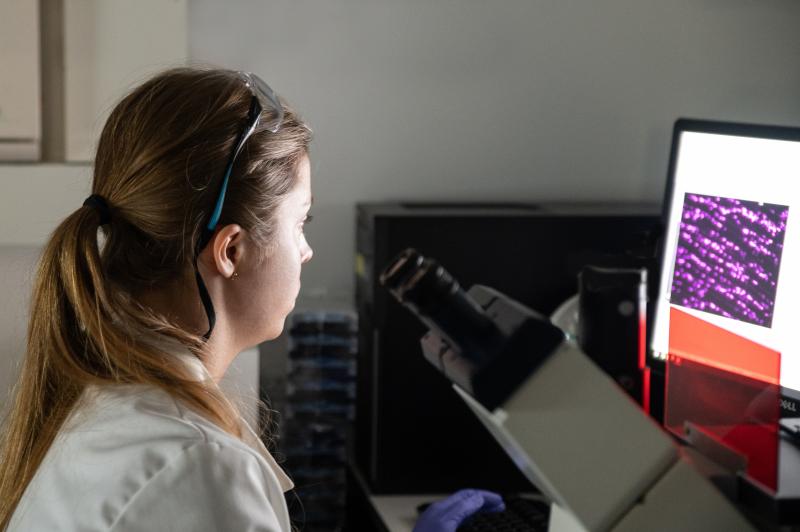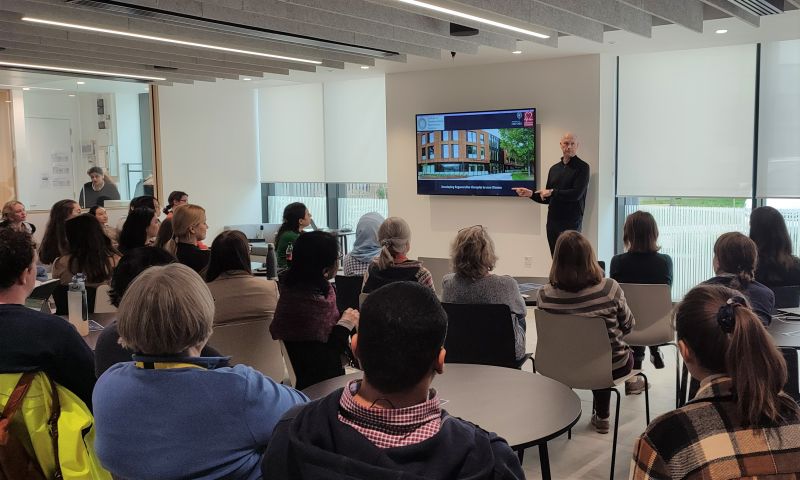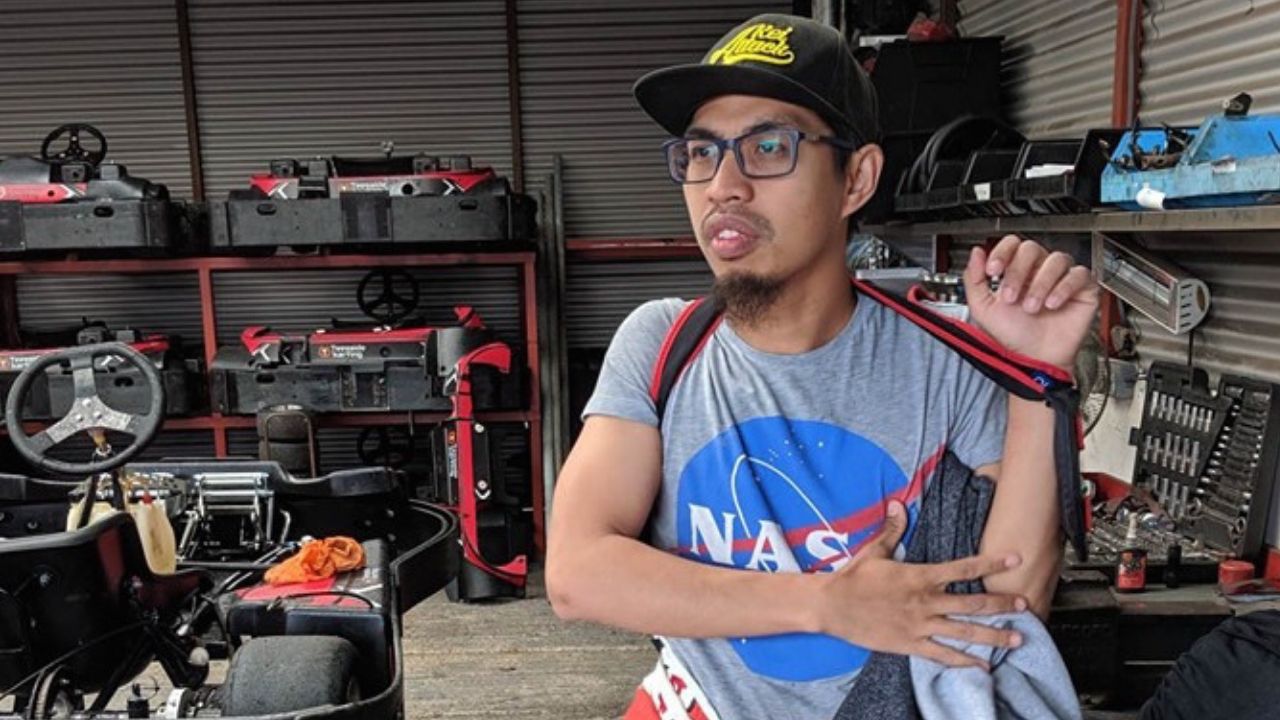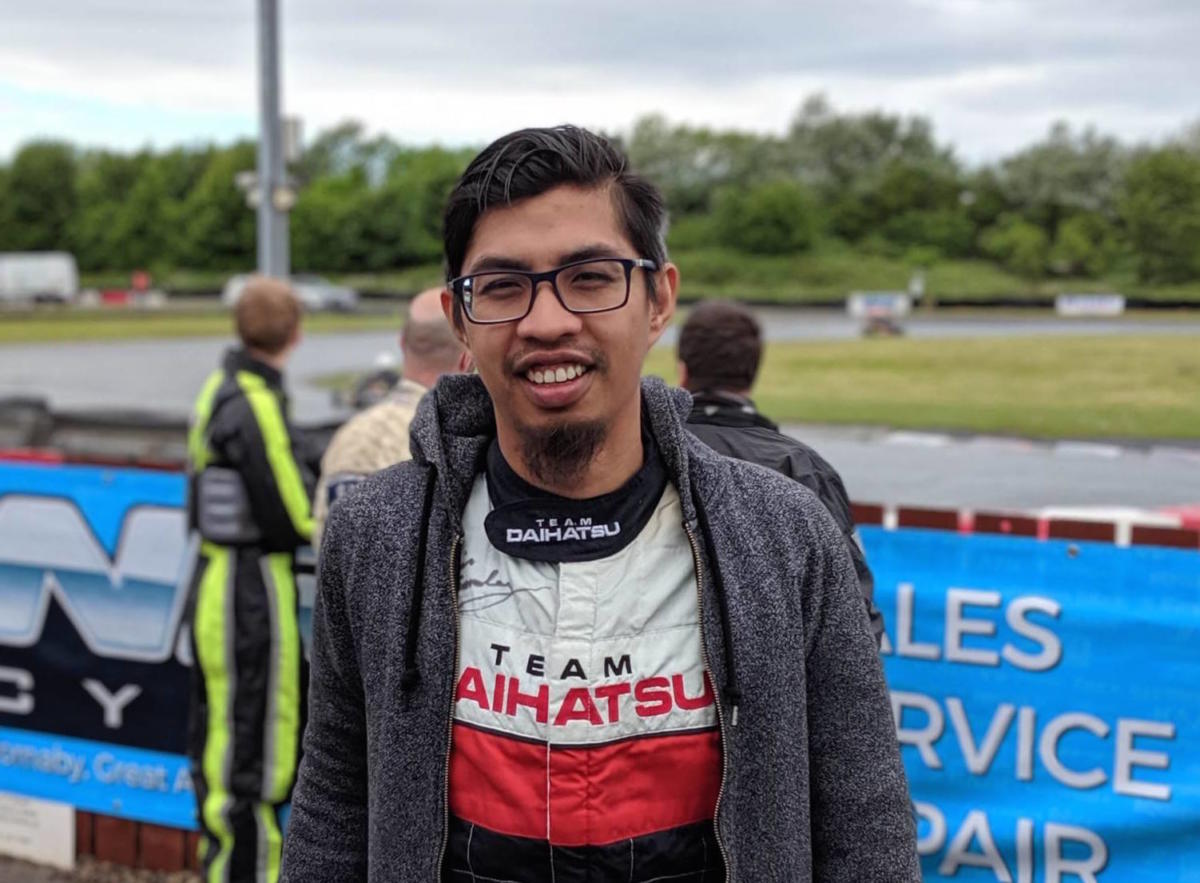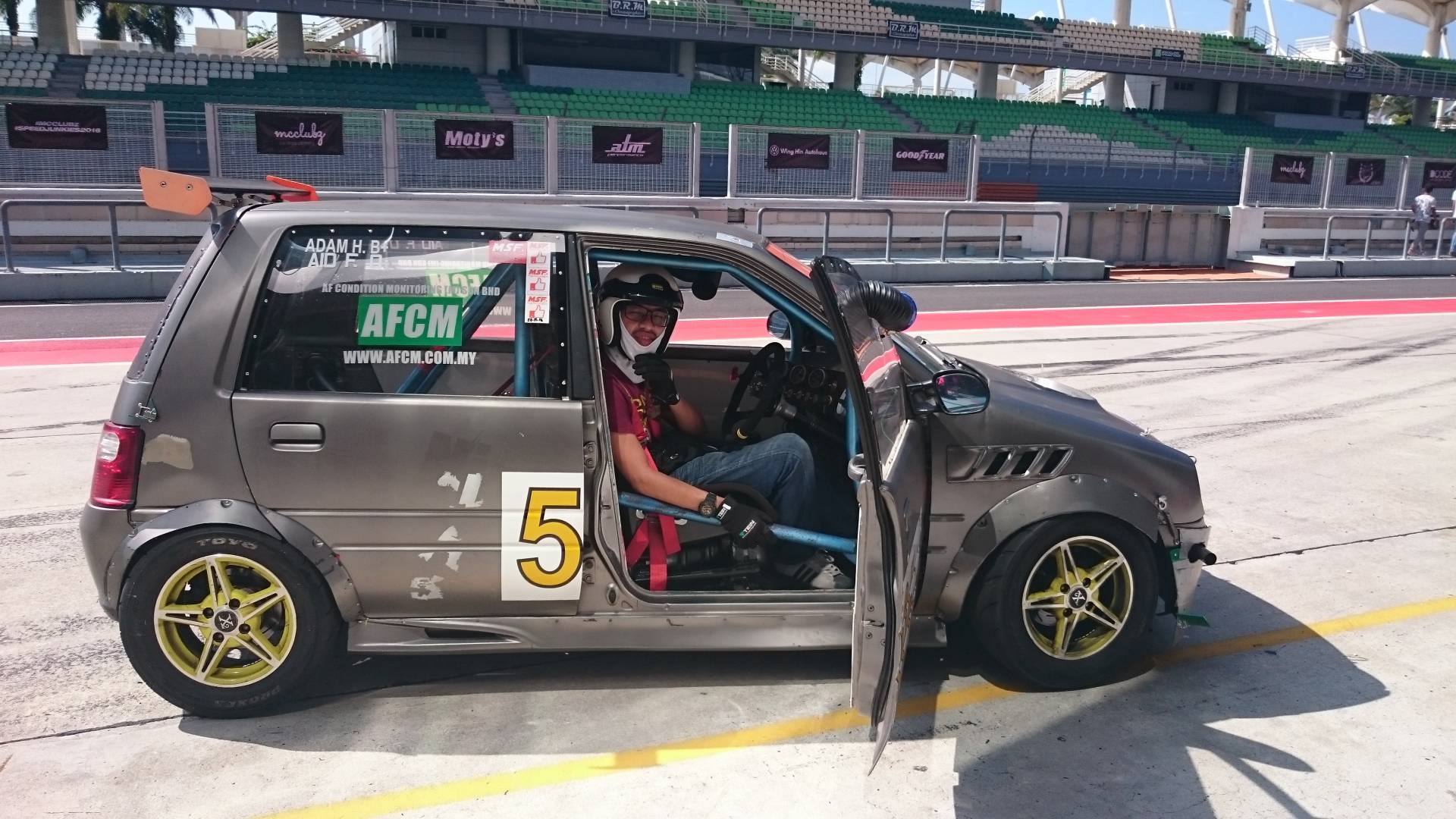Peter CS Pan’s journey began in the quiet town of Kuantan, where he spent his early childhood before relocating to Seremban at the age of 11. Seremban remains his Malaysian base, where his parents still reside and where he spends most of his time whenever he returns.
A lifelong learner, Peter first pursued a Bachelor of Engineering at the University of Sheffield through a scholarship provided by the Malaysian government from 1994 to 1997, followed by an MBA at the University of Nottingham from 2019 to 2022, during which he wrote a thesis on how to build a sustainable Small Medium Enterprise (SME) through diversification in the technology sector.
Building an Innovation & Entrepreneurship Ecosystem in the Middle East
Located just an hour from Dubai, Ras Al Khaimah is notably the fourth-largest Emirate in the UAE (United Arab Emirates) and it is swiftly transforming into a regional hotspot for innovation and investment.
“As the Emirates grow rapidly, businesses are coming in, factories are coming in and tourism will triple in the next year and the year after. There is one piece which is missing, which is how we support these technology companies and startups when they enter the UAE,” he said.
“Startups require a different type of ecosystem support. We have to think about how to bring in young talent and new capital into the UAE, and that is why this role was created.”
Appointed under a Royal Amiri Decree, Peter was entrusted to not just implement—but design—the entire initiative. He developed the strategy and masterplan, conducted market analysis and now leads its execution. The vision is to make Ras Al Khaimah UAE’s next emerging hub for startups looking to enter MENA (Middle East and North Africa) and other regional markets.
Even while spearheading growth abroad, Peter has remained committed to helping Malaysian startups further expand into the MENA region. He works closely with agencies like MRANTI (Malaysian Research Accelerator for Technology & Innovation) and Cradle Fund, often facilitating soft landings for startups seeking international exposure. One example is BlueSnow, a Malaysian startup that received a grant through a competition Peter helped organise. “They were one of three grand prize winners, and now they are in UAE getting started and setting up contracts,” he shared.
On that note, Peter firmly believes in the potential of stronger partnerships between Southeast Asia and the Middle East. “MENA and SEA are two of the fastest-growing regions in the world, so we need to collaborate more closely especially in the startup ecosystem, and this is something I’m trying to facilitate,” he said.
A Catalyst for Growth, Innovation & Collaboration
Prior to making waves in the UAE, Peter served as the Deputy Lab Head of Business Services for Malaysia’s ETP (Economic Transformation Programme). There, he co-developed a national blueprint aimed at raising the country’s GNI (gross national income) per capita through businesses and services-related projects as well as private-sector collaboration. “Today, service is now one of the largest economy contributors in Malaysia,” said Peter.
At MRANTI, Peter oversaw the development of key initiatives like the International Innovation Hub, which aims to foster international collaboration and accelerate the commercialisation of technology and innovation. He also had a hand in building MakersLab, an open laboratory that gives innovators a space to collaborate, learn and materialise solutions.
He was also behind large-scale public engagement efforts like MakersFest, an annual event held in collaboration with the Institute of Engineers Malaysia and UNESCO. The festival brings creators and innovators together through interactive workshops and exhibits.
“All these initiatives are very critical, and I believe there is no other agency with a capability to provide all-in-one support for startups,” said Peter. “So, we are very proud of our achievements.”
Ground-Level Impact Through CSR
Outside of his official roles, Peter has always been driven by a personal mission to give back to Malaysia. Together with a group of retired corporate professionals, he co-founded a grassroots NGO (non-governmental organisations) to support communities in Malaysia, Cambodia and Nepal.
Following the Nepal earthquake, Peter and his team raised funds to repair damaged homes. In Cambodia, the group visited underserved rural schools where volunteer teachers lacked basic supplies. “We went to the Big Bad Wolf sale and bought a lot of the books, filled our suitcases with them, and donated equipment like computers and laptops,” he shared. The team also purchased construction materials locally to help rebuild the schools, choosing to support communities through practical aid instead of direct cash donations.
In Malaysia, Peter led a team from MRANTI to a remote area in Tenom, Sabah, accessible only by four-wheel drive and boat. “I brought my team there to facilitate a MakersLab programme, and we taught the people there about creating prototypes and cultivate electronics skills,” he said. His philosophy is simple: “We must invest in young people irrespective of economic background.”
Thoughts on Malaysian Startup Programmes & Rethinking Failure
Peter’s dedication to and passion for supporting entrepreneurial ventures aligns with programmes like the MyHeart Innovate, a hybrid sponsored programme that empowers Malaysians abroad to kick-start their dreams of becoming an entrepreneur back home.
Emphasising the importance of the initiative, Peter said: “Many Malaysians do return from overseas to start their own business. There are a lot of infrastructures or institutions in place here that can help them to do that. It’s good to run a more proactive programme that will let them know which agencies in Malaysia you’d need to rope in to start a business.”
As for younger Malaysians aspiring to enter the tech and innovation space, whether abroad or at home, he encouraged them to not fear failure and view setbacks as a foundation for success.
“It stifles growth or innovation. Innovation will only really happen when people and businesses are given the allowance to fail. Instead of accepting failure as failure, see it as a part of the path to success,” Peter emphasised.
Are you a global-minded Malaysian professional who wants to reconnect with home and drive impact across regions? Join MyHeart today to turn your international experience into a force for Malaysia’s future.

